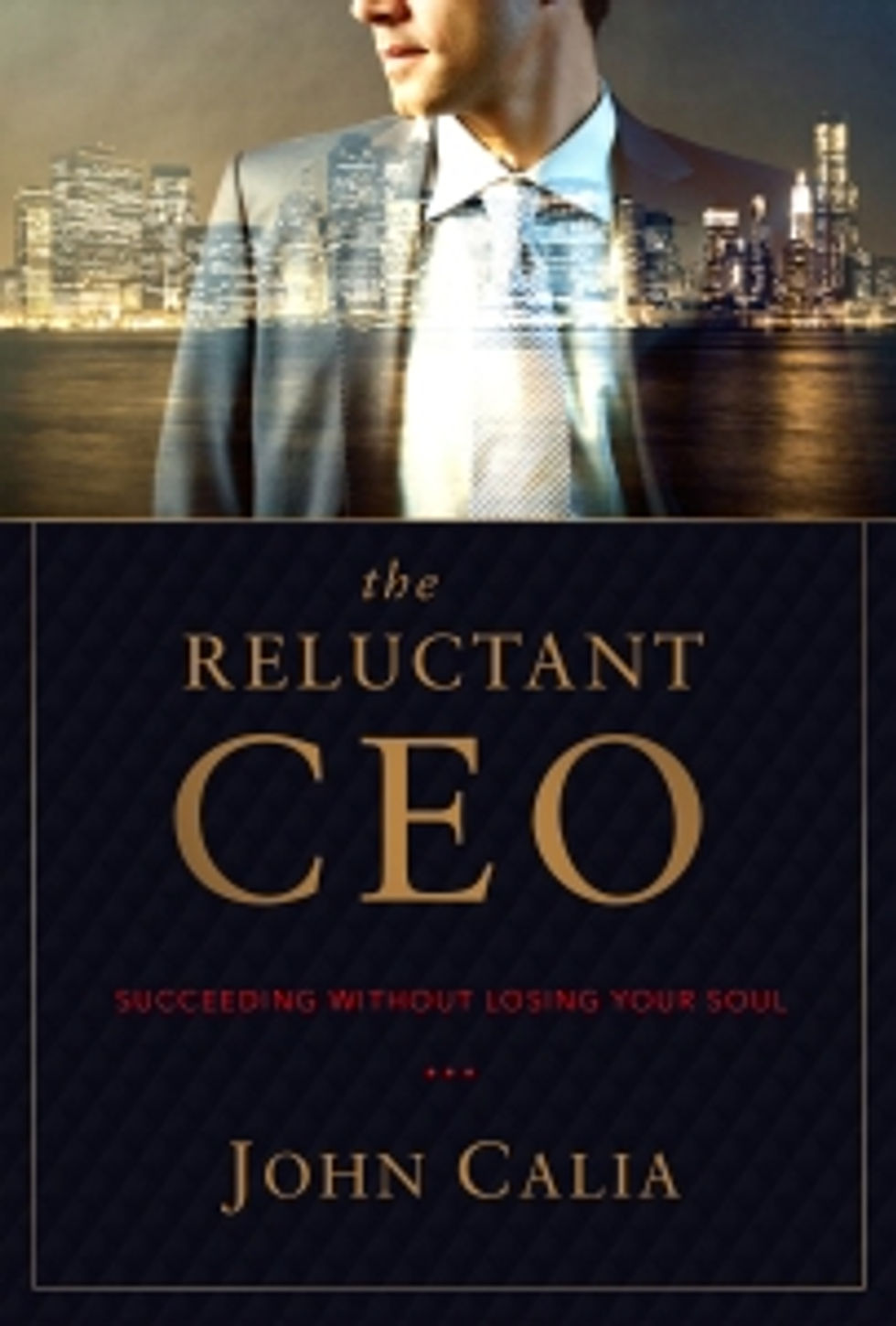Can HR take its rightful place at the head of the table?
- John Calia
- Jul 4, 2016
- 2 min read

The Reluctant CEO: Succeeding without Losing Your Soul is available on Amazon.com and Apple’s iBooks
Years ago, I was lunching with my boss and mentor. I was looking for career advice. “What should my next move be?” I asked. Clearly unprepared for the question and needing to buy some time, he joked, “There’s an opening for an SVP of HR…”
I knew it was a joke right off. I was a corporate VP of the largest bank in America. I was on the “fast track” as it was called. I had great success and could spout the metrics to prove it. I was King Friggin’ Kong. No way was a job in the backwater of HR going to be my Empire State Building. Hah!
“Have I done something wrong?” I asked in my drollest possible tone of voice. We both had a good laugh and moved on.
A decade later, then in the world of small business, I came to look upon HR as the folks who would keep you out of jail, so to speak — teach us how to avoid lawsuits, work with the company’s lawyers when they inevitably came.
Human Resources has always been the place for touchy-feely people to go. Now, it’s time for those professionals to take their rightful place at the head of the table, along with the CEO, CFO and CIO.
So, how should those who traveled down the HR career path respond to their needy CEO’s? I’m sure there are academic studies that outline the 5 or 7 or 11 steps to HR success. However, I am not an academic. I went to school on the front lines and later got my Masters’ degree in the corner office.
If the folks in HR want to impress me, they can start by understanding the company’s strategy. That’s not as easy as it sounds. In most companies, the heads of sales, operations and customer service don’t understand their company’s strategy. So, how can we expect the touchy-feely types to understand it?
However, if the CEO wants HR to deliver, he or she will get the team not only to understand the company’s strategy but also to embrace it.
If the company sells low cost commodity products, everyone who joins the team must be oriented toward being the low cost producer. Finding a sales manager whose success was born in a company that sells luxury goods isn’t the answer.
Next, understand what business outcomes the new hire will be responsible to achieve. If the objective is to accelerate already profitable sales growth, the required experience will be different than if the goal is to convert the selling process from phone to digital.
The biggest mistake most HR pro’s make is to create a laundry list of background elements that most closely aligns with the written job description. That won’t work anymore. If HR wants to assume a more strategic role, the profession will have to step up. And, CEO’s will have to help to reinvent the HR role.
Then what? How should the CEO attract talent to the critical role of VP of HR or Talent Acquisition or Chief People Officer or whatever tortured semantics are applied to the position?
Well, you could start by changing the title to something that conveys its importance.
How about Queen Bee?
Or, if the head of HR is a male, you could call him King Friggin’ Kong.






Comments